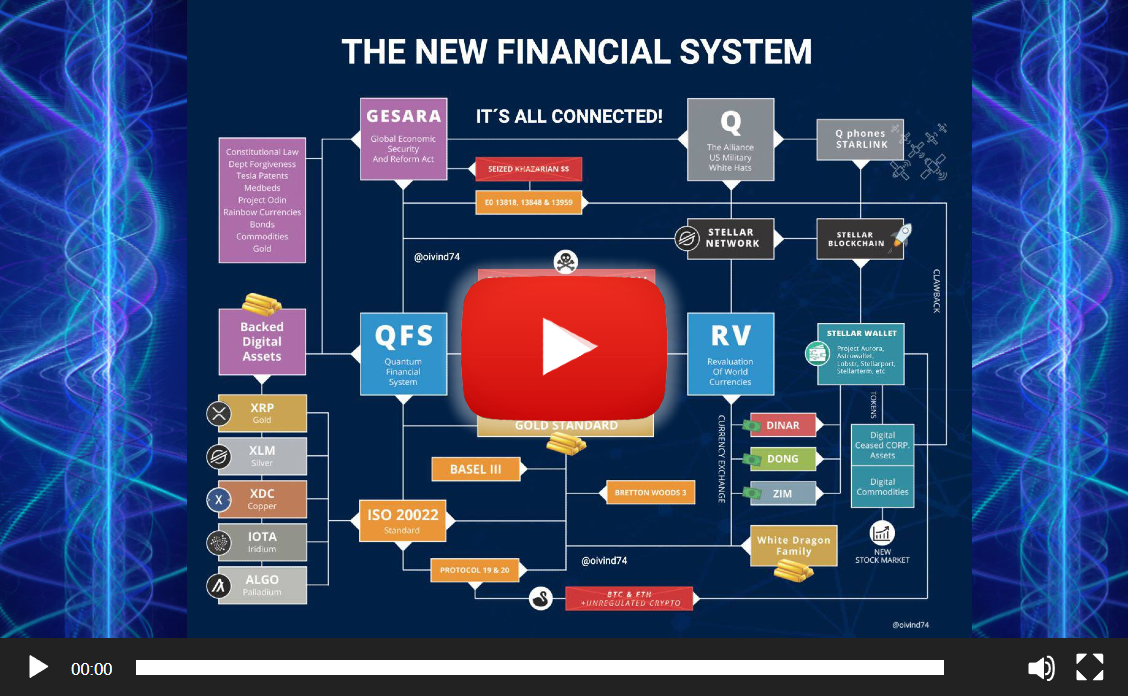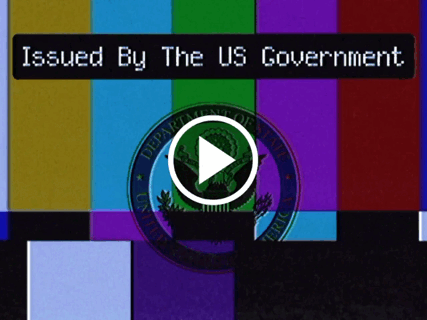Stay informed and uncover the truth with us—they’ve been lying to us for too long. Join our, Telegram Channel. Be part of the revelation.
Non-Disclosure Agreements (NDAs) serve as indispensable guardians, shielding critical information and fostering an environment of trust and stability. As we navigate through transformative events like the Global Currency Reset (GCR), Revaluation (RV), and the deployment of the Quantum Financial System (QFS), the significance of NDAs becomes increasingly evident in preserving the integrity and efficacy of these monumental endeavors.
The RV/Rescue process, for example, entails a series of extremely sensitive financial exchanges that could potentially destabilize markets if mishandled or leaked to the public prematurely. The use of NDAs in such scenarios is a proactive approach to safeguarding not only the integrity of the processes but also the broader economic landscape.
Breaking! – NESARA’s Message for Humanity: Essential Writings That Will Change Your Life!

Why NDAs Are Essential in Financial Operations
- Protection of Sensitive Information: The dynamics of currency revaluation involve delicate negotiations and intricate details that, if disclosed indiscriminately, could lead to speculative behaviors that skew market dynamics. NDAs ensure that information is only available to those who need to know, thus maintaining market stability.
- Preventing Misinformation: In the absence of NDAs, incomplete or inaccurate information can easily circulate, leading to misconceptions and unwarranted panic among the public. By controlling the flow of information, NDAs help in delivering accurate and timely information to the right stakeholders at the right time.
- Encouraging Open Dialogue Among Involved Parties: Parties to an NDA are more likely to engage in frank discussions and share sensitive information if they are confident that their disclosures will not be leaked. This openness fosters better decision-making and more effective strategies for managing large-scale financial operations.
- Legal Recourse: NDAs provide a clear legal framework that defines what information can be shared and what cannot. This clarity is crucial in financial dealings where the stakes are high, offering a legal pathway to address any breaches that could potentially jeopardize the involved processes.
The Positive Impact of NDAs on the Global Currency Reset (GCR) and Related Processes
In the context of the GCR and RV, NDAs are about ensuring that the revaluation and redistribution processes are conducted in an orderly, controlled, and equitable manner. By restricting access to information, NDAs minimize the risk of insider trading and other unfair practices that could undermine the fairness and effectiveness of the currency reset.
Must Watch! – The Ancient Frequency That Powers The New Financial System – And How You Can Benefit from It!

Moreover, NDAs are indicative of a structured and disciplined approach to what are undoubtedly complex financial maneuvers. They ensure that all parties are on the same page, working towards a common goal without the risk of external interference. This alignment is crucial for the successful implementation of changes that have the potential to impact global financial systems profoundly.
The Bigger Picture: NDAs as Tools for Stability and Trust
In massive financial undertakings like the GCR, the collective benefit of stability, order, and trust in financial processes far outweighs the perceived lack of transparency. NDAs are not tools of oppression but shields against chaos, designed to protect not just the few but the many by ensuring that global financial resets can occur without triggering economic upheaval.
While NDAs may seem restrictive, their role in facilitating secure, stable, and fair financial operations is undeniable. They are pivotal in managing the complexities of global finance, where the right information in the wrong hands can lead to significant economic consequences.
As we navigate this intricate landscape, NDAs stand as guardians of both information and integrity, essential in the quest for a balanced and just economic future.





